Naloxone (Narcan)
Naloxone (Narcan)
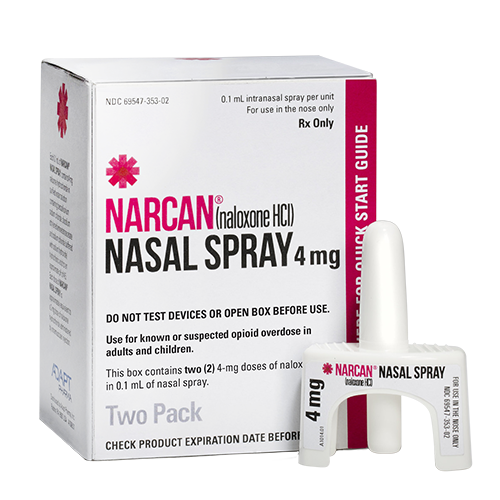
Naloxone is a life-saving medication that can reverse an overdose from opioids when given in time. Often given as a nasal spray (Narcan) it is safe and easy to use. Naloxone quickly reverses an overdose by blocking the effects of opioids. It can restore normal breathing within 2 to 3 minutes in a person whose breath has slowed, or even stopped, as a result of an opioid overdose. It is easy to use and small to carry. There are two forms of naloxone that anyone can use without medical training or authorization: prefilled nasal spray and injectable.

Naloxone is a life-saving medication that can reverse an overdose from opioids when given in time. Often given as a nasal spray (Narcan) it is safe and easy to use. Naloxone quickly reverses an overdose by blocking the effects of opioids. It can restore normal breathing within 2 to 3 minutes in a person whose breath has slowed, or even stopped, as a result of opioid overdose. It is easy to use and small to carry. There are two forms of naloxone that anyone can use without medical training or authorization: prefilled nasal spray and injectable.
How do I get Naloxone (Narcan)?
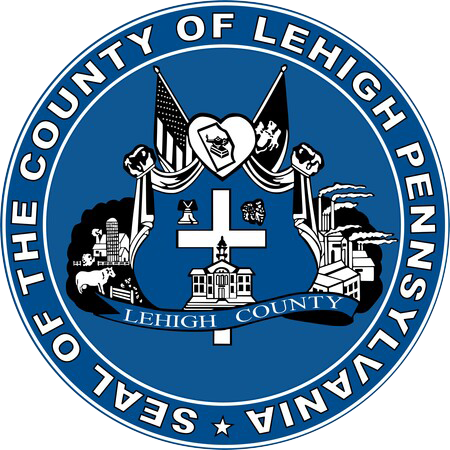

Narcan for Lehigh County residents
Monday – Friday 9 AM – 4:30 PM | (484) 350-3916


Narcan for Lehigh County residents
Monday – Friday 9 AM – 4:30 PM | (484) 350-3916
How do I get Naloxone (Narcan)?
Narcan is available over the counter (OTC).
which means it can be sold anywhere other common medications like aspirin are available, such as grocery stores, convenience stores, or gas stations. If you cannot find Narcan on the shelves of your pharmacy, speak with your pharmacist.
Narcan is available over the counter (OTC).
which means it can be sold anywhere other common medications like aspirin are available, such as grocery stores, convenience stores, or gas stations. If you cannot find Narcan on the shelves of your pharmacy, speak with your pharmacist.

Narcan is available over the counter (OTC)
which means it can be sold anywhere other common medications
like aspirin are available, such as grocery stores, convenience stores, or gas stations. If you cannot find Narcan on the shelves of your pharmacy, speak with your pharmacist.

You may be eligible to have Naloxone mailed to you free of charge.
To qualify, you will need to view a training video, answer a short quiz, and provide enrollment information. Click PA Choice to request Naloxone by mail.

You may be eligible to have Naloxone mailed to you free of charge.
To qualify, you will need to view a training video, answer a short quiz, and provide enrollment information. Click PA Choice to request Naloxone by mail.

You may be eligible to have Naloxone mailed to you free of charge.
To qualify, you will need to view a training video, answer a short quiz, and provide enrollment information. Click PA Choice to request Naloxone by mail.
Who should carry Naloxone?
Anyone can carry Naloxone.
Give it to someone experiencing an overdose, and potentially save a life.
Naloxone won’t harm someone if they’re overdosing on drugs other than opioids, so it’s always best to use it if you think someone is overdosing.
If you or someone you know is at increased risk for opioid overdose, especially those struggling with opioid use disorder (OUD), you should carry naloxone and keep it at home.
People who are taking high-dose opioid medications prescribed by a doctor, people who use opioids and benzodiazepines (Valium®, Xanax®, Halcion®, Ativan®, and Klonopin®) together, and people who use
illicit opioids like heroin should all carry naloxone.
Because you can’t use naloxone on yourself, let others know you have it in case you experience an opioid overdose.
Carrying naloxone is no different than carrying an EpiPen for someone with allergies. It simply provides an extra
layer of protection for those at a higher risk for overdose.
Who should carry Naloxone?
Give it to someone experiencing an overdose, and potentially save a life.
Naloxone won’t harm someone if they’re overdosing on drugs other than opioids, so it’s always best to use it if you think someone is overdosing.
If you or someone you know is at increased risk for opioid overdose, especially those struggling with opioid use disorder (OUD), you should carry naloxone and keep it at home.
People who are taking high-dose opioid medications prescribed by a doctor.
People who use opioids and benzodiazepines (Valium®, Xanax®, Halcion®, Ativan®, and Klonopin®) together, and people who use
illicit opioids like heroin should all carry naloxone.
Because you can’t use naloxone on yourself, let others know you have it in case you experience an opioid overdose.
Carrying naloxone is no different than carrying an EpiPen for someone with allergies. It simply provides an extra
layer of protection for those at a higher risk for overdose.
ACT 139
Act 139 is a law that allows first responders acting at the direction of a health care professional authorized to prescribe naloxone, to administer the drug to individuals experiencing an opioid overdose. The law also provides immunity from prosecution for those responding to and reporting overdoses.
Members of the community, family members, friends, and bystanders may be prescribed naloxone and can lawfully administer the drug to someone who is experiencing an overdose.
ACT 139
Act 139 is a law that allows first responders acting at the direction of a health care professional authorized to prescribe naloxone, to administer the drug to individuals experiencing an opioid overdose. The law also provides immunity from prosecution for those responding to and reporting overdoses.
Members of the community, family members, friends, and bystanders may be prescribed naloxone and can lawfully administer the drug to someone who is experiencing an overdose.
How do you use Narcan?
How do you use Narcan?
Signs of an Opioid Overdose:
Small, constricted “pinpoint pupils”
Falling asleep or losing consciousness
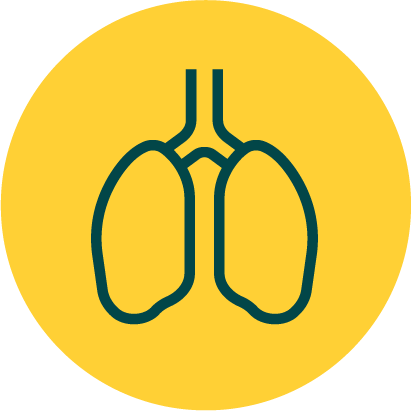
Slow, weak or no breathing
Choking or gurgling sounds
Limp body
Cold, clammy, and/or discolored skin
Small, constricted “pinpoint pupils”
Falling asleep or losing consciousness

Slow, weak or no breathing
Choking or gurgling sounds
Limp body
Cold, clammy, and/or discolored skin
Small, constricted “pinpoint pupils”
Falling asleep or losing consciousness

Slow, weak or no breathing
Choking or gurgling sounds
Limp body
Cold, clammy, and/or discolored skin
Preparation:

Ensure the environment is safe for you and the person.

Check responsiveness by trying to wake the person by shouting their name and gently shaking them.

Ensure the environment is safe for you and the person.

Check responsiveness by trying to wake the person by shouting their name and gently shaking them.
Narcan Nasal Spray:

Lay the person on their back and tilt their head back.

Hold the nasal spray with your thumb on the bottom of the plunger and your first and middle fingers on either side of the nozzle.

Insert the nozzle into one nostril until your fingers touch the bottom of the person’s nose.

Lay the person on their back and tilt their head back.

Hold the nasal spray with your thumb on the bottom of the plunger and your first and middle fingers on either side of the nozzle.

Insert the nozzle into one nostril until your fingers touch the bottom of the person’s nose.

Press the plunger firmly to release the dose into the nostril.

Naloxone works within 2-3 minutes. If the person does not wake up after 2-3 minutes, administer a second dose.
Different Forms of Naloxone:
The different forms of Naloxone are: nasal spray, auto-injector, and injectable.
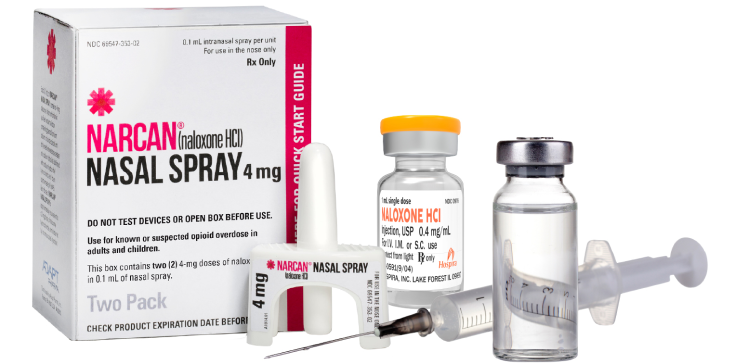
Different forms of Naloxone
The different forms of Naloxone are: nasal spray, auto-injector, and injectable.

Materials adapted for Rise Above Opioids from:



